 H. Luke Shaefer
H. Luke Shaefer
Faculty Director
734-615-5997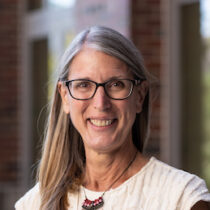 Kristin Seefeldt
Kristin Seefeldt
Associate Faculty Director for Educational Programs
734-615-2113 kseef@umich.edu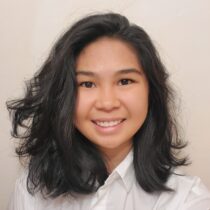 Leonymae Aumentado
Leonymae Aumentado
Senior Project Manager
lfaument@umich.edu Trevor Bechtel
Trevor Bechtel
Student Engagement & Strategic Projects Manager, Washtenaw County Programs
734-615-0216 betrevor@umich.edu John Bulat
John Bulat
Data and Policy Analyst
bulatj@umich.edu Harley Burdette
Harley Burdette
Administrative Assistant Sr.
hburdett@umich.edu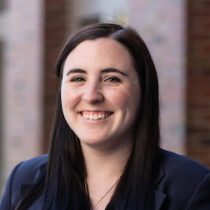 Kathleen Clancey
Kathleen Clancey
SummerWorks Program Manager, Poverty Solutions Economic Mobility Fellow
kchurley@umich.edu Morgan Cox
Morgan Cox
SummerWorks Program Coordinator
chandrc@umich.edu Jennifer Erb-Downward
Jennifer Erb-Downward
Director of Housing Stability Programs and Policy Initiatives
734-764-5435 jerbdown@umich.edu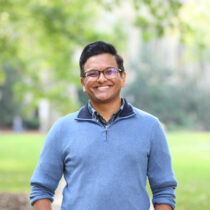 Samiul Jubaed
Samiul Jubaed
Senior Data & Policy Analyst
sjubaed@umich.edu Karen Otzen Kling
Karen Otzen Kling
Assistant Director of Policy and Impact
kotzen@umich.edu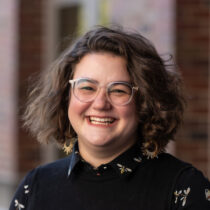 Karissa Knapp
Karissa Knapp
Communications Specialist
ktknapp@umich.edu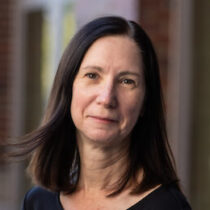 Amanda Nothaft
Amanda Nothaft
Director of Data & Evaluation
acn@umich.edu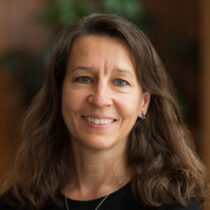 Sharon Sand
Sharon Sand
Managing Director, Detroit Metro Area Communities Study
slsand@umich.edu Lauren Slagter
Lauren Slagter
Communications Director
734-929-8027 lslag@umich.edu Sam Stragand
Sam Stragand
Senior Program Manager, Detroit Partnership on Economic Mobility
stragand@umich.edu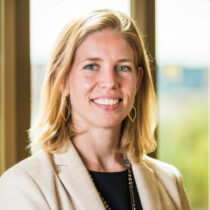 Julia Weinert
Julia Weinert
Managing Director
734-615-5353 weinertj@umich.edu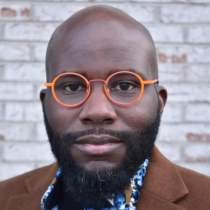 Matthew Alemu
Matthew Alemu
Postdoctoral Scholar, University of Chicago Health Lab
mwalemu@umich.edu Patrick Cooney
Patrick Cooney
Vice President of Michigan Future, Inc.
patrick@michiganfuture.org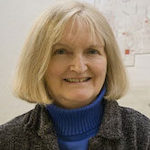 Margaret Dewar
Margaret Dewar
Professor Emerita of Urban Planning, Taubman College of Architecture and Urban Planning
medewar@umich.edu William D. Lopez
William D. Lopez
Clinical Associate Professor, U-M School of Public Health; Faculty Associate, U-M Department of Latino/a Studies
 Reuben Jonathan Miller
Reuben Jonathan Miller
Associate Professor, School of Social Service Administration, University of Chicago
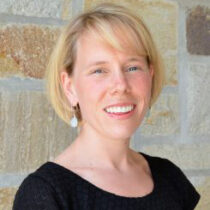 Alexandra Murphy
Alexandra Murphy
Assistant Research Scientist, Poverty Solutions, Ford School of Public Policy; Faculty Associate, Population Studies Center, Institute for Social Research; Associate Director of Social Science Research, MCity
murphyal@umich.edu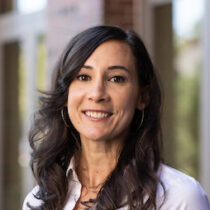 Mara Ostfeld
Mara Ostfeld
Research Director, Center for Racial Justice; Faculty Lead, Detroit Metro Area Communities Study; Research Associate, Center for Political Studies
mostfeld@umich.edu Nicole Sherard-Freeman
Nicole Sherard-Freeman
Chief Operating Officer, Community Foundation for Southeast Michigan
nsherardfreeman@gmail.comKathryn (Beth) Angell
Dean, School of Social Work; Professor, Social Work
Valeria Bertacco
Vice Provost, Engaged Learning; Arthur F. Thurnau Professor, Electrical Engineering and Computer Science
F. DuBois Bowman
Dean, School of Public Health; Roderick Joseph Little Collegiate Professor, Public Health
Kate Cagney
Director, Institute for Social Research; Professor, Sociology
Jonathan Massey
Dean, Taubman College of Architecture and Urban Planning; Professor, Architecture
Elizabeth Moje
Dean, School of Education; Arthur F. Thurnau and George Herbert Mead Collegiate Professor, Education
Kathleen Sienko
Arthur F. Thurnau Professor, Mechanical Engineering
Celeste Watkins-Hayes
Dean, Gerald R. Ford School of Public Policy; University Diversity and Social Transformation Professor, Sociology